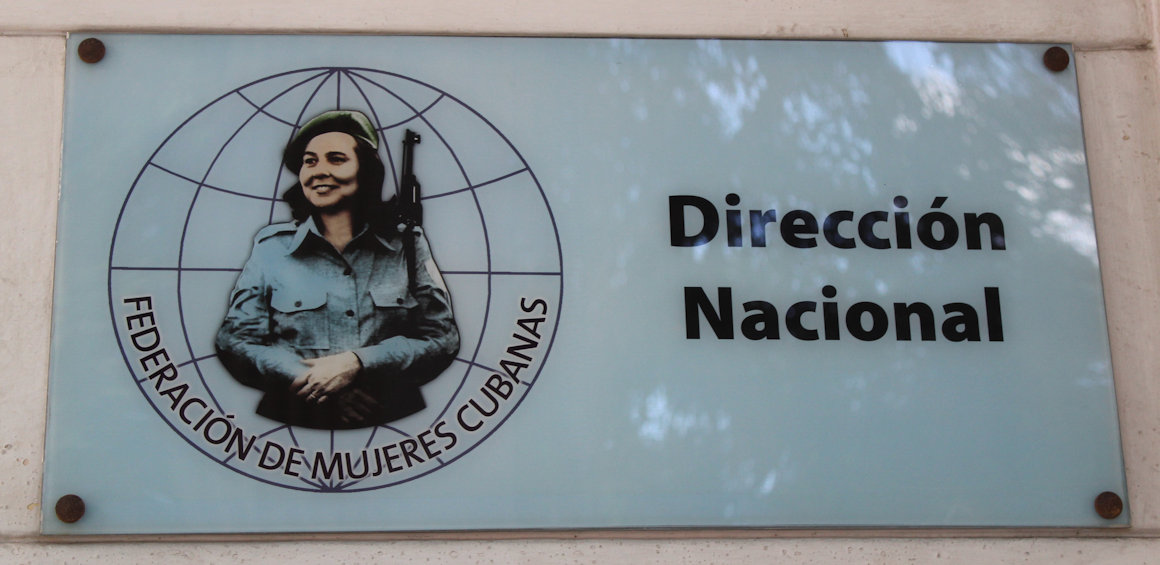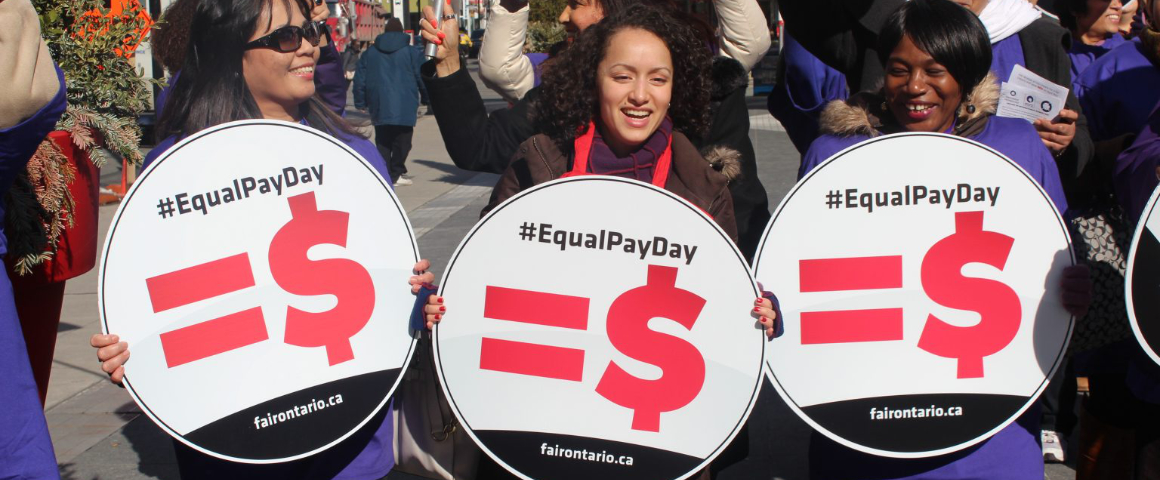Forty-five years ago, on International Women’s Day, Cuba passed the first Family Code, which covered legal obligations regarding marriage, divorce, relationships, recognition of children and their education and care. Cuba’s new constitution was adopted in 2019 with the proviso that, within two years, the Family Code would be updated to reflect the modern situation of family structures and obligations. Forecasting the changes, the pending new law is often referred to as the “Families Code.”
Currently, the law enshrines equal rights and duties of both parents into law. Clause 26, for example declares that “both spouses are obligated to care for the family they have created and cooperate with each other in the education formation and guidance of their children in line with the principles of socialist morality.” Clause 28 states that housework and childcare should be equitably shared, and that even if one or both spouses are working, they cannot be relieved of their obligations to either.
The existing Family Code went through extensive consultations when it was first considered in 1974. It was published in tabloid form and enthusiastically discussed in schools. Meetings of the Committees for the Defence of the Revolution (CDR) in each neighbourhood were held on the subject. Trade unions and chapters of the Federation of Cuban Women (FMC) consulted their memberships about it. However, it is with confidence that we can say that the enactment of the original Family Code in 1975 didn’t completely eliminate the unequal distribution of responsibilities of household and childcare duties; nor did it alleviate the burden of care that is carried by women. Cuban society was still in the process of shedding the leftover debris of capitalism and the patriarchy. However, the extensive consultations did raise expectations about the obligations of both parents, which provided a solid foundation to move toward more equitable familial relationships under socialism.
Family structures have undergone massive changes in the past forty-five years, and the new Code attempts to address these changes. The definition of family will likely be expanded to recognize the reality of diverse family constellations, including single-parent-led families, blended families, stepparents, grand-parents and other relative caregivers, adopted parents, same-sex parents, trans-parents, etc.
In addition, the new Families Code will be updated to add protections for children and adolescents, in accordance with the United Nations Convention of the Rights of the Child that was ratified by the Cuban government in 1991. Protections include the right to be raised by their parents within a family or cultural grouping, and to have a relationship with both parents, even if they are separated. The United States is the only major country to reject the ratification of the Covenant on the Rights of the Child. (The only other two countries that have failed to ratify to date are South Sudan and Somalia.) Cuba also signed on to two additional protocols, which restricts the involvement of children in military conflicts, and prohibits the sale of children, child prostitution and child pornography.
The new Code will also have to address legal ramifications of family violence and entrench the rights of the elderly and the disabled within the context of the family. More mundane elements will also likely be addressed, for example, determining the order of children’s surnames within the family. The more controversial element will also have to be addressed, that is, the legal definition of marriage.
However, the current reality of the institution of marriage must be taken into account. Cubans are opting en masse not to get married. Almost 200,000 people got married in Cuba in 1992; the number barely exceeded 50,000 in 2012. Coupled with one of the highest divorce rates in the Americas, the debate on recognition of same-sex marriages is a very small part of the discussions around the new Families Code.
Common-law marriages are the preferred union in today’s Cuba. Many of the decisions around marriage, divorce and common-law relationships often depend on whether housing will be available. Couples who divorce are often forced to remain together because there is nowhere else for them to live.
The language in the constitution that was proposed last year defined marriage in Article 68 as “between two people.” This phrase would replace the previous wording that defined marriage as “between a man and a woman.” There was widespread support for Article 68 from the Trade Union Central (CTC) and the Federation of Women. Evangelical churches, however, campaigned openly and rampantly against it. The compromise that was finally approved omitted both the original and proposed definition and therefore did not define marriage at all. Mariela Castro, a Cuban LGBTiQ rights activist, daughter of Raúl Castro and Vilma Espin and director of the Cuban National Center for Sex Education (CENESEX), stated that this change was “not a setback” and was confident that the issue would be addressed in the new Families Code.
The Code will be presented to National Assembly of People’s Power in March 2021. Following there will be public consultations before a final referendum, much as there was when the first Family Code was introduced. This time around, the socialist education project will include the recognition of the changing nature of the family and the recognition of same-sex marriage. While CENESEX has been leading the struggle for recognition of LGBTiQ rights for years, the extensive consultation on the proposed Code will provide a structure for discussion amongst the general population. The churches, no doubt, will still stand in opposition. But the task ahead is essentially to enact into law that which is already recognized and operational across Cuban society.
[hr gap=”10″]
Support socialist media!
If you found this article useful, please consider donating to People’s Voice.
We are 100% reader-supported, with no corporate or government funding.



